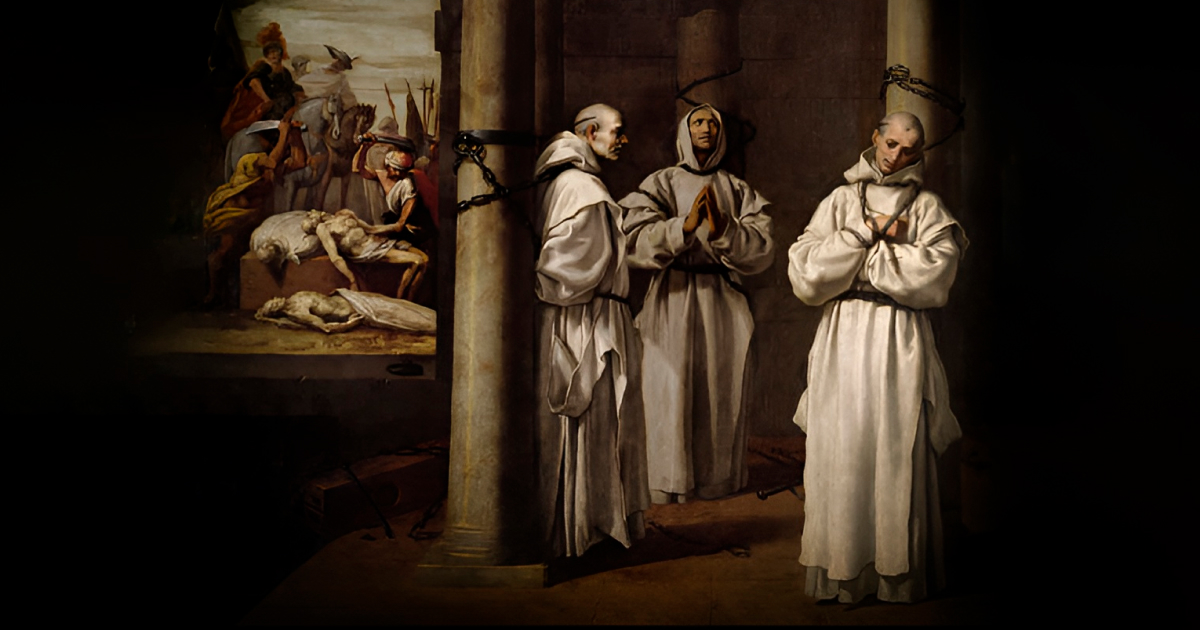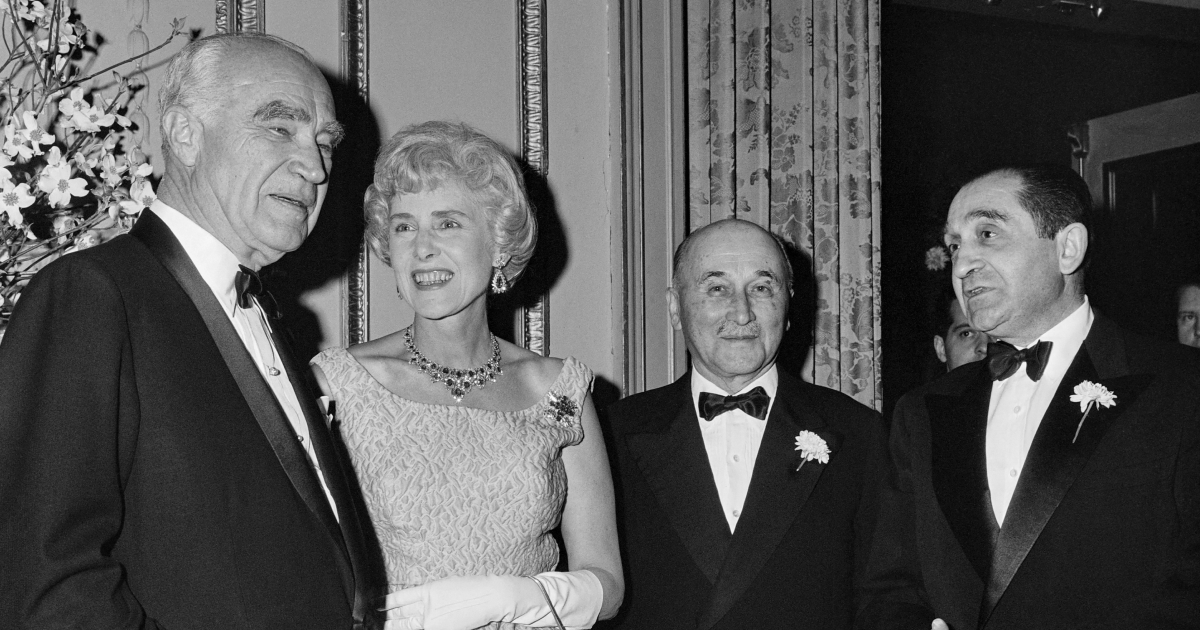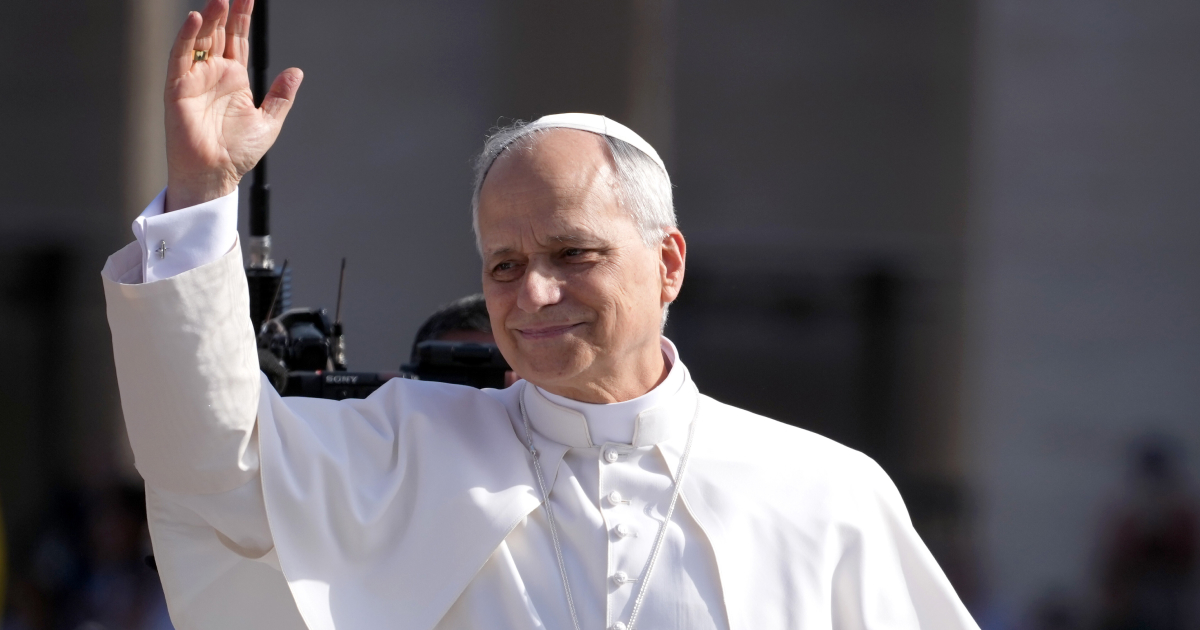The Catholic internet world has once again found itself divided, this time over the recent video apology from Alex Jurado, better known by his online moniker The Voice of Reason (VoR). Jurado, a Catholic YouTuber and podcaster with a sizeable following in the apologetics and “Catholic commentary” space, admitted to serious moral failings, including inappropriate online relationships with women.
His 25-minute video, marked by long pauses, sombre tones, and a prayer at the close, has been hailed by some as an act of humility, while others have dismissed it as a performance designed to retain influence and credibility.
Among those supportive of Jurado was well-known Catholic commentator Matt Fradd, host of the popular podcast Pints with Aquinas. Fradd commented directly under the video: “Love you, mate. Offering night prayer for you.”
Many defenders employed the well-worn maxim from St Augustine: “There is no saint without a past, no sinner without a future,” as well as the Scriptural injunction: “He who is without sin, let him cast the first stone.”
Yet, if YouTube proved forgiving, the reception on Twitter (X) was far more severe as Christian Mario, an Eastern Orthodox Twitter user, posted a widely shared video criticising Jurado’s framing of his apology. Mario argued that Jurado’s language betrayed an ongoing attachment to his “ministry” rather than a willingness to step away after abusing his position:
“You used your ministry to leverage women into sex… That’s bad. And so, for the people responding with, ‘Well, all men have sexual sin’—yes, but not all men use a Catholic ministry to get groupies.”
Mario also took aim at what he saw as the theatrics of Jurado’s video—its sombre tone, dramatic pauses, and extended closing prayer—arguing that it smacked of performance rather than penitence.
“So the scandal happens, and suddenly you’ve got a ‘robust prayer life’? Really? Maybe it’s true. But it comes across like an angle to regain trust, not the fruit of silent repentance. You don’t heal trust with a performative video.”
Underlying Mario’s criticism is a concern not only about Jurado himself but about the wider Catholic internet ecosystem, which, in his view, too quickly moves from condemnation to rehabilitation whenever a prominent figure offers an apology.
“I’m really tired of the moralising in the comments ‘he who is without sin cast the first stone.’ I have sin, but I also have discernment. This man used his ministry as leverage. That disqualifies him from ministry. Period. The only reason I’m speaking out is because I don’t see other Catholics doing it. Before, people were calling him out; now, because he said sorry, it’s suddenly all good. That’s not discernment. That’s naivety.”
Other Catholic voices struck a more cautious middle line. Christian Wagner, better known as the “Walmart Thomist” and host of Scholastic Answers, warned against naïveté:
“Either way, the guy is a professional actor who hid serious sexual sins for a decade… Does that mean he is necessarily being deceptive? No. But he absolutely has the ability to be… It is best to heed our Lord’s words and be ‘wise as serpents and innocent as doves.’ If he bears fruits worthy of penance, awesome. If not, time will tell.”
Anthony Abbate of the Avoiding Babylon channel endorsed Mario’s critique and later went on livestream with Christian Wagner to discuss the issue.
The Catholic beer brand Tridentine Brewing went further: We should all forgive Alex and pray for his healing, but that doesn’t mean that he should be allowed to do public apologetics work again… We learned that lesson with the abuse crisis in the Church.”
Patrick Neve, host of The Crunch, urged perspective in a pithy post:
“Three thoughts on Voice of Reason: (1) Don’t be surprised, sin happens. (2) ‘Good at apologetics ≠ perfect.’ (3) Catholic influencers are entertainers—and you need to treat them that way.”
It is on that point that the debate broadens, as whether Catholic influencers are teachers or entertainers lies at the heart of the controversy. For many, Juardo’s scandal is not simply about a man’s fall into sin, but about the trustworthiness of Catholic internet personalities whose platforms depend on credibility, integrity, and the perception of holiness.
The divided response reveals an uncomfortable truth: Catholic “e-celebs” are increasingly treated as parallel clergy—public faces of the faith who inspire trust, rally movements, and gather devoted followings. When they fall, the fallout is not merely personal but communal.
Voice of Reason’s future remains uncertain. For now, he has apologised, with many praying that his repentance is genuine and others far less convinced. As others have stressed, time and fruits will tell. The controversy is perhaps a reminder that Catholics should be wary of placing excessive confidence in online personalities. Salvation is not built on subscriber counts.





.jpg)











